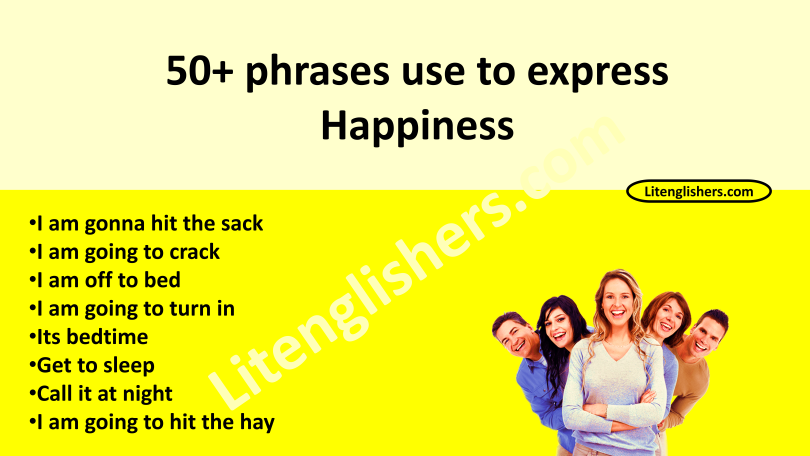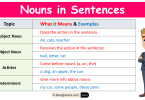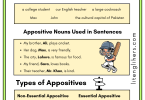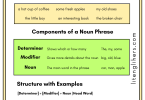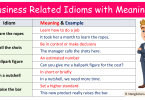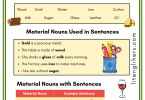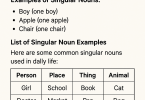Phrases used to express happiness
Expanding your vocabulary and learning to say the same thing in different ways is incredibly important when working on your English fluency and moreover it makes you happy. This is important not only to sound more natural but also to help you understand more native speakers who use idioms and English expressions.
There are many sentences or phrases we use in our daily life over and over but sometimes we don’t understand how to construe these phrases in English maybe just because of that, our native language isn’t English or maybe we do not pay much attention to them these phrases and sometimes we get bored using the same phrases over and over so why not make it little enthralling? Something new or engrossing aside from the boring words.
Do you want to say more than “Hi” or wanna use engrossing phrases at your home or workplace and want to be fluent as a native speaker? Then you are in the right place.
But before starting the substantial thing is to get the knowledge of what is phrase.
“A group of words without a subject and verb adds meaning to a word but doesn’t make a complete sentence.”
Practice makes you perfect so try to make a little effort to get a full grip on these phrases that helps you to become a fluent speaker. For this purpose, you can get help from your English-speaking friend or you can use Google Translator for better pronunciation. You’ll get immediate feedback for the most accurate pronunciation. After you have mastered basic words and their proper pronunciation, it will be a natural transition to learn the longer phrases that make up much of everyday conversation.
Some tips and tricks to learn these phrases
- Try to learn at least two phrases each day to focus on and say them aloud at least five to six times.
- Always ready to grasp new words or phrases while watching tv or from anywhere and then try to speak them in front of the mirror.
- Try to use them in real conversation.
- Native English media like TV shows and podcasts can give you lots of examples of phrases, as well as ways to hear a variety of common phrases used in context.
Here are some thrilling and engrossing phrases to use in our daily life
Phrases we use to say “I am so happy”
Sometimes it is difficult to express our feelings in our native language, not to mention doing so in a foreign language, and expressing feelings such as joy and happiness is an essential function of communicative competence in English. To be a good English speaker and a good communicator, you need to equip yourself with tools, which means words and phrases mean the right amount of happiness.
- Pleased as punch
- I am pretty sort of happy
- Feel like the world is on my side
- I am so glad
- Like a dog with two tails
- Full of the joys of the spring
- Happy camper
- Ahh! I feel like a feather
- I am happy
- I am pleased
- Paint the town red
- Tickled pink
- Music to your ears
- Radiant
- On cloud nine
- Jump for joy
- I am feeling on top of the world
- I am in seventh heaven
- I am over the moon
- I am grim from ear to ear
- I feel I am in heaven
- I can’t express how happy I am today
- I am so blissful
- Joyful
- Having a whale of a time
- I feel ecstatic
- I am upbeat today
- I am satisfied
- Quite contented
- I am in good mood today
- I am excited and thrilled
- Jovial
- Feeling better
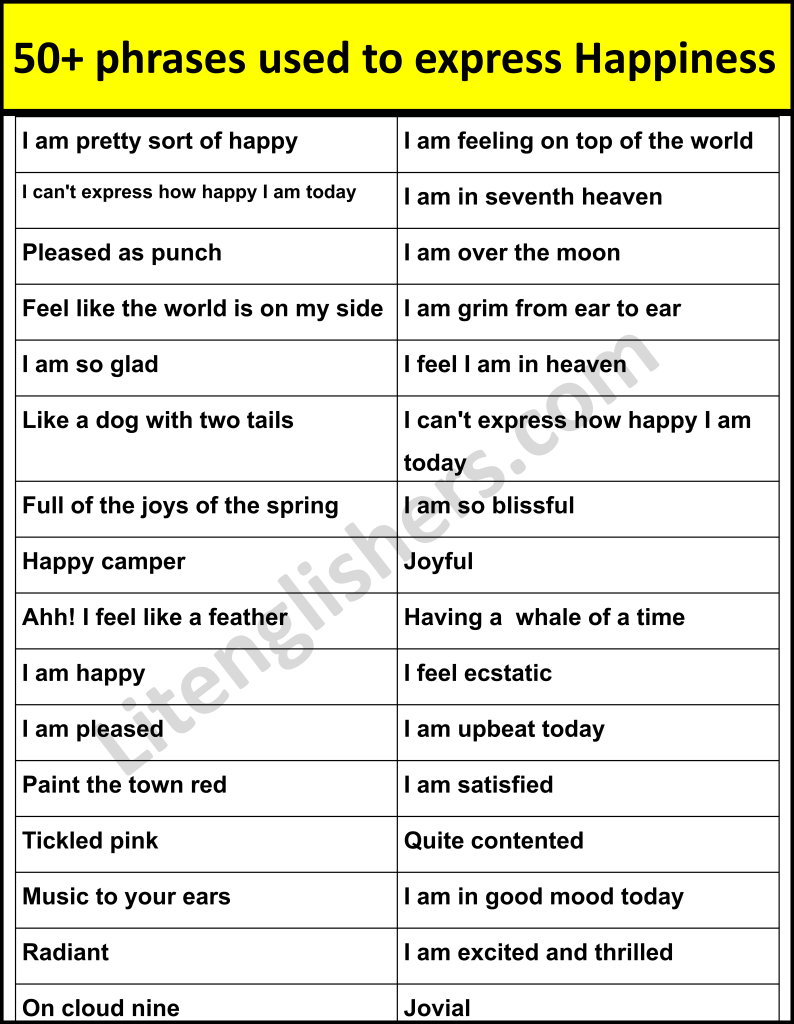
Effective use of phrases to express happiness
All the above phrases are slightly different in their meaning, the situation in which they can be used, and the kind of happiness they express. It is important to be aware of these differences because it will help you communicate happiness in the right context and to the degree, you intend to express it. The best way to master usage is to use them in your communication and not be afraid to make mistakes. So use these phrases whenever you need to convey an emotion of happiness and learn from it if you make mistakes.
These are idioms that can come up in class, at home, or in the workplace, so whether you’re a student or trying to master business English, knowing these idioms will be helpful. But you can’t stop there: to master idiomatic English, one-on-one interaction is all-important.
